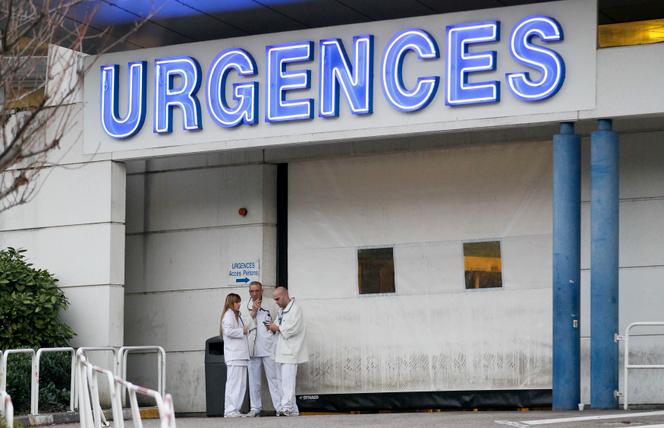


Triaging patients upon arrival at the emergency room is a crucial step before they receive care in the hospital, including for those with serious trauma. This stage guides patients depending on their injuries and the severity, such as head trauma, hemorrhages or spinal cord injuries. It is a critical moment because it determines the resources that will be mobilized when the patient arrives in the emergency department. For example, if hemorrhaging is suspected, the protocol is to prepare an operating room and an intervention team and to deliver blood for a transfusion.
Poor triage can be fatal. "That is why it is important to try to anticipate patients' needs as accurately as possible," explained Tobias Gauss, an anesthesiologist and critical care physician at the university hospital in Grenoble. A multidisciplinary team, including Gauss, wanted to test what artificial intelligence (AI) could bring to diagnostics in terms of accuracy and time saving. They developed Shockmatrix, an AI triage assistant. Their tool, designed in partnership with the Grenoble-based company Capgemini, uses machine learning technology. The algorithm was trained with data from 50,000 hospital admissions, taken from the national registry of severely injured trauma patients. The AI is then supposed to be able to propose a diagnosis.
You have 69.63% of this article left to read. The rest is for subscribers only.
